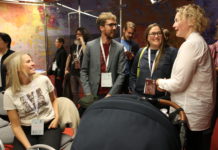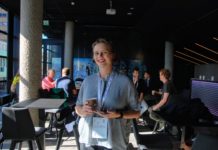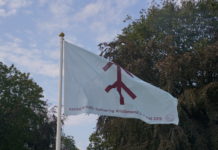With Applied Theatre practitioners continuing to work in disparate corners of the world, the documentation of practice is important to allow ideas to travel and be exchanged across borders. Whilst the documents may be disseminated internationally, the knowledge which they produce is neither neutral nor universal. Rather, it is subjectively bound to the geographic contexts in which the documents are constructed. With the vast majority of documentation about practice in the Global South still being produced in the Global North, this paper explores how the politics of distance can lead to the construction of documents that tell narratives and represent ‘Others’ in less than equitable, perhaps even tyrannical, ways. Through the deconstructive, discursive analysis of four documentation texts, the research argues that a high degree of reflexivity should be maintained when producing documentation in order to resist neocolonial tendencies of representing participants in Eurocentric, exoticised and essentialist manners.
Download the accompanying slide presentation: Click Here.
Chris Blois-Brooke:
Founder & Director of Dialogue – The Community Performance Network. An Applied Theatre Practitioner with experience in international Drama Education, Community Theatre and Theatre for Development, Chris’ ongoing research interests centre around the documentation of Community Performance practice for the purposes of Monitoring & Evaluation, Advocacy and Training. Recent projects include facilitating participatory documentation of Community Circus, Dance, Theatre and Storytelling practice in Ethiopia, South Africa and Zambia, conducting curriculum development consultancy and research assistance for various international NGOs, and managing the multimedia documentation of the World Congress and International Theatre Festival for Children and Young People. Chris is also a Theatre director with various credits, including two critically acclaimed five-star productions at the Edinburgh Festival Fringe, and has delivered theatre-in-education programmes in Hong Kong, the United States, United Kingdom, and Zambia.









